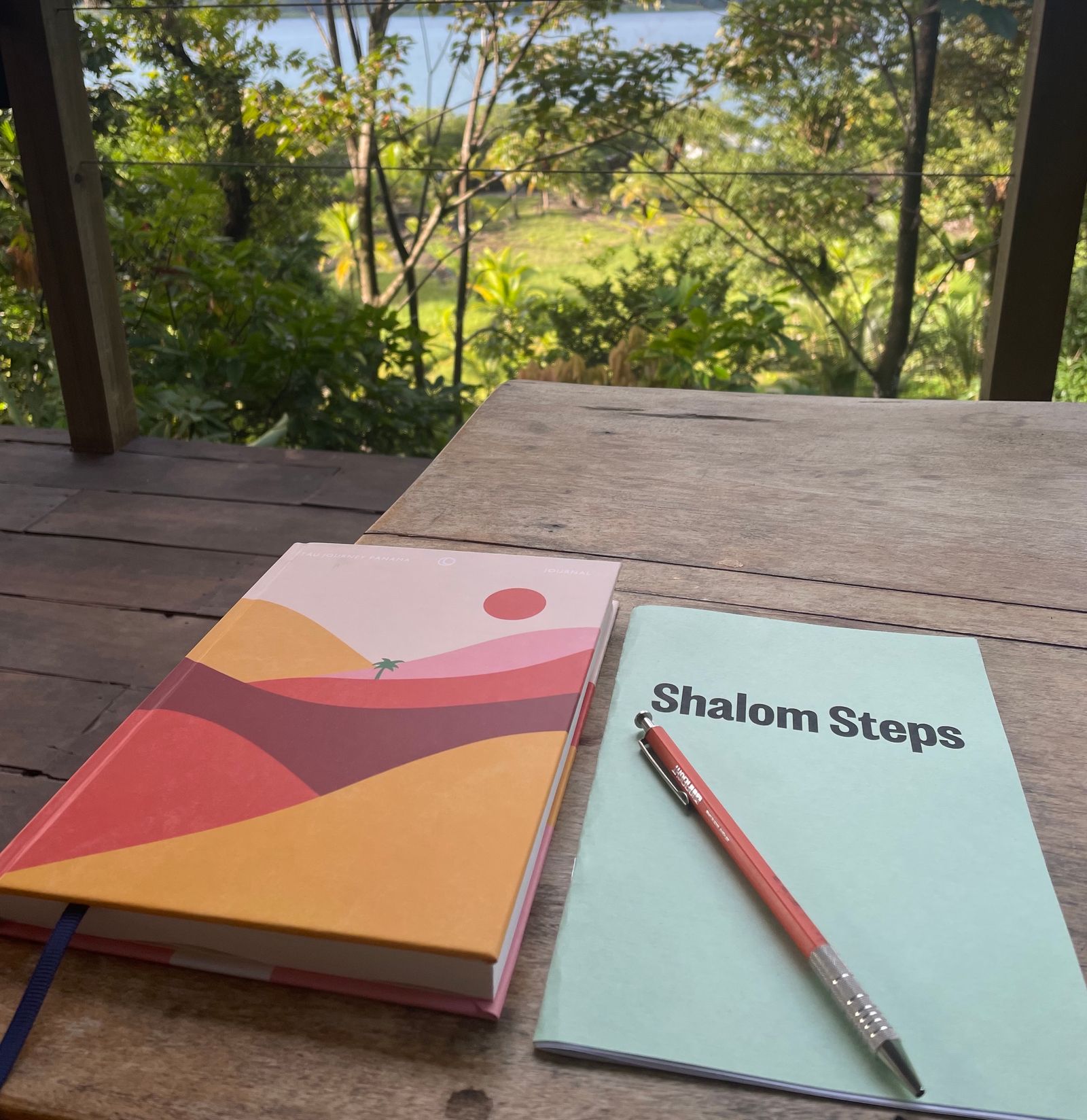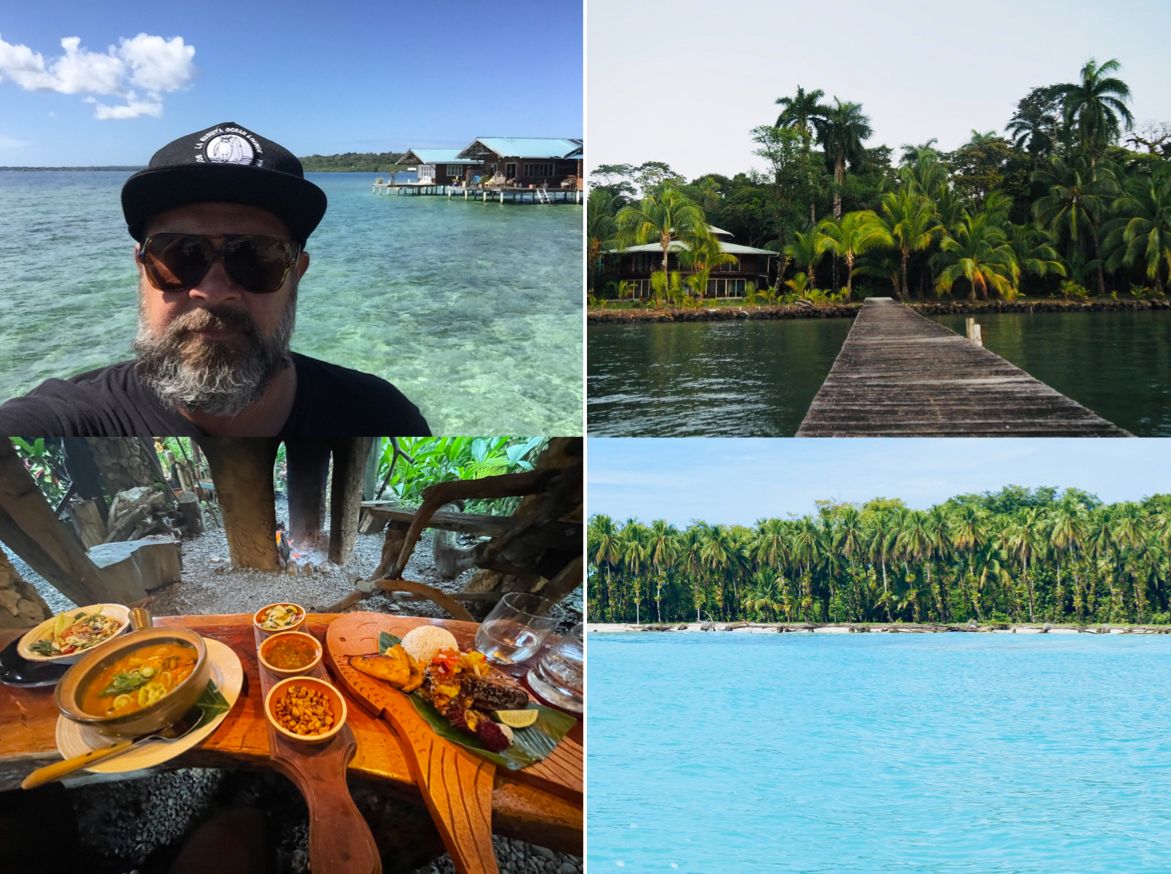I have dreams. Tau is an attempt to see some of them come true in the world. Presumably you, too, have dreams. What are they? Where did they come from? What are they for? You may wonder if some of them come from God, or might lead to more of him, or at least to more of your deepest and truest self. And if that were so, why don't they just come true now rather than later?
“What happens to a dream deferred?” Langston Hughes once asked. How is a dream itself changed by lack of fulfillment, by waiting and anticipation?
If it remains on journey and never arrives does it become more refined, or instead more covered with grime and bruises, or a bit of both? What new forms might our dream take as they are shaped and reshaped by pilgrimage? There are a lot of dreams in the Bible; many of them seem to have been given by God. To what end? For satisfaction and stasis, or for dynamism and journey?
I have a dream for a new endeavor and community named Tau, the Greek letter that symbolizes new and abundant life and serves as a symbol for the Franciscan tradition, known for love of nature and of animals, for living simply, for childlike joy, and for traveling to share God’s love through through a holistically winsome lifestyle. When the dream first struck I had just returned to gridlocked New York City from a month in a wilderness archipelago off the Caribbean coast of Panama. The dream was grandiose and seemed impossibly distant: stewardship of off-grid eco-retreat centers around the world for modern people to have transformative and immersive experiences of shalom.
The immediate question my dream and community put to me was this: "Would I move my family to Panama or not?" Was I being called to follow the example of St. Francis and fully immerse in the dream right now? If not, could I ever become what I intended to offer, a person of well-being living out a counter-cultural, if partial, embodiment of shalom? More to the point, my wife and I (along with at least some of our kids) were hungering and thirsting for new ways of living, for experiences and habits that come more easily in a place of natural wonders like Bocas Del Toro, Panama, but that are very difficult to live out regularly in the chaos of a global megalopolis.
When the ancient Israelites tasted the fruit Caleb and the spies brought back from the Land of Promise, did it taste to their dusty tongues like a ridiculous dream? Did it force decisions?
Was the immensity of the grape-cluster, the toothsomeness of the sweet fig, or the fresh pop of the pink pomegranate seed enough to dispel their fears when current reality threatened to turn their dream into a depressing fantasy? Did it keep them going as they went about their daily peripatetic chores, hungering and thirsting for something more – for a life and land they’d been promised – though the trudge through the wilderness extended year after year? For some of them, it must have. But how often? Daily, monthly, only at Festival? Was it enough? For a precious few of them was it an ever-present hope? Maybe some were wholly disinterested. Probably many were afraid of the dream’s challenges and became disbelieving and preoccupied, the long desert pilgrimage having become familiar and fact, having slowly step by step turned into a way of life, a culture, an identity.
I used to think God’s mission was to use me to change this broken world. I wonder now if his first mission is to use this broken world to change me.
Perhaps my Tau dream is as much for my transformation as it is for the world's. Since receiving the dream in the Spring of 2021 my appetite for more wellness and wholeness has only increased. My family’s longing has grown for a strange land and life that tastes of fruitfulness and peace. Our hearts and minds have been spinning with desire for more regular experiences of childlike joy, of awe, discovery, connection with nature, God and others. Shalom. But the full realization of our dream is deferred. We are on pilgrimage, still wandering. We’ve lived in and loved New York City longer than any other place in our lives and have roots that aren't easily dug out. We've raised four now-teenaged kids here who have schools and friends they're committed to. We have parishioners we love and want to walk with through a season of upheaval.
And so I’ve settled for long, monotonous, post-industrial walks to the East River each day to smell the saltwater and watch the current. I'm lucky if once a month I can brave the deadly traffic of an hour's commute to the beach in order to get a usually frigid surf in. I’ve daydreamed of an escape to deeper retreat, but instead of hearing a voice of release I’ve felt the call to work out my shalom right here with fear and trembling. To build it into the busyness where I am. Shalom is often easier to experience on intentional retreat in special places; it’s harder at home, in modernity, in relationships, in responsibility. I have been laboring for years to build habits, ways, and perspectives that enable me to survive in the hustle and bustle of New York City. I want Tau and our retreats to help people create practices of “sustainable spirituality” in their life at home. Maybe, for now, my dream is first meant to change us than to change the world.
We sing of New York, “If I can make it there I’ll make it anywhere.” If I can find shalom here, can I find it anywhere? Maybe the dream is deferred until we have eyes to see and ears to hear the kingdom of peace where before we only discerned brick, mortar and urban din. Perhaps the dream is meant to help us perceive that even in our haphazard wandering the chaos is not chaotic to God. Come, King of Peace, and help me to become what I want to offer. Help us to keep faith and carry the delicate dream all the days of our sojourn. Tau is me. Tau is now. Tau is you wherever you are, fellow pilgrim, for there you are and God is with you. You have everything you need. We are the dream and the dream is already among you.




